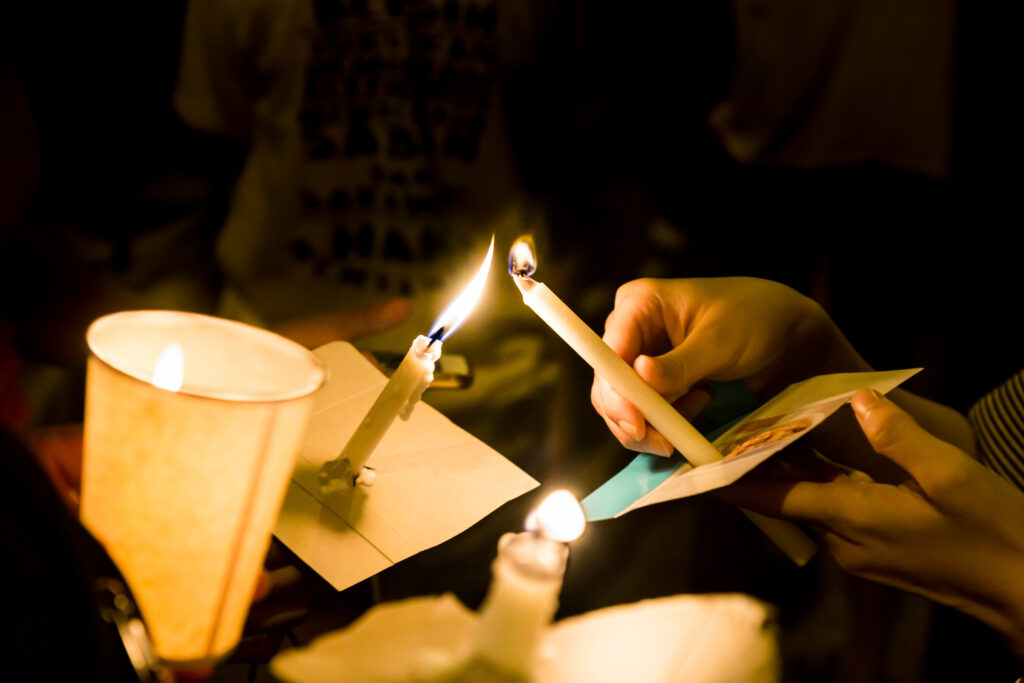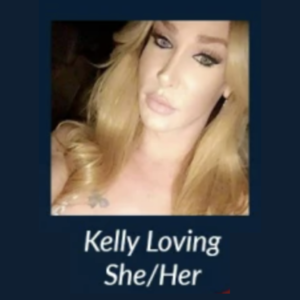
November 20th marked this year’s Transgender Day of Remembrance – a day that seeks to raise awareness of the violence and prejudice faced by transgender communities. A report released just a few days before noted that 47 transgender people had been killed over the course of a year. As November 19th rolled into November 20th – just 45 minutes away from my house here in Colorado – two more transgender people would lose their lives, along with the five other individuals killed at Club Q.






News stories report an uptick in youth mental health issues. Many young people are struggling to feel safe, with school shootings and mass shootings becoming almost common place. These feelings are amplified for transgender and gender non-conforming young people for whom the threats to their safety increasingly come not from shooters, but from community members, administrators, and legislators.
I nearly had to pull my car over while listening to a story on NPR about a Texas mom of a transgender child who now feared her son would be taken away from her under new laws that allow for reporting of gender confirmation treatment as child abuse. (This legislation was later blocked by a judge.)
I turned to Youth Today to get a sense of how many similarly draconian measures are being debated by states:
- In North Carolina, motions were introduced (but did not pass) to limit medical treatment for transgender youth and young adults and to limit the rights of transgender women and girls to compete in athletic activities (November)
- In Tennessee, a new legislature announced its first action would be to limit gender confirming treatment including hormones and surgery for young people (November)
- An Arkansas ban on gender-confirm care is being challenged in court (October)
- In Utah, a commission has been established to determine on a case by case basis if transgender females should be allowed to play sports (August)
- Indiana established a transgender sports ban (May)
- And more
And this doesn’t begin to scratch the surface of concerns at the district and school level – banning of pride flags, anti-LGBTQ rhetoric, shuttering of school newspapers, the list goes on.
The young person is loved and accepted by friends – not because of who they should be, not because of how they conform – because of who they are, in every expression of their identity. Pure love.
My youth development brain tells me that everything we know about the foundations for positive experiences and what it takes for young people to learn is currently being violated for transgender youth. My human heart looks at a young person near and dear to me who is exploring their gender identity and just hopes beyond hope they are safe.
Last month, I sat down with Emet Bergman for the second of our On the Record Q&A Interviews (to be released later this month). Our topic of discussion – how to support transgender and gender-nonconforming youth in a year filled not only with these levels of violence, but with anti-transgender policy and practice (particularly targeting youth) abounding across the country.
Emet and I end our conversation on a positive note, and I’ll end our blog there, too. The kids are all right. The kids are all right. Even in my generally conservative community, the young person in my life is loved and accepted by friends – not because of who they should be, not because of how they conform – because of who they are, in every expression of their identity. Pure love.
My hope is that in future years we’ll celebrate Transgender Day of Remembrance as a day of recognition that as a collective society we’ve learned to be motivated by that same pure love for who someone is, not who someone else imagines they should be.



No comment yet, add your voice below!